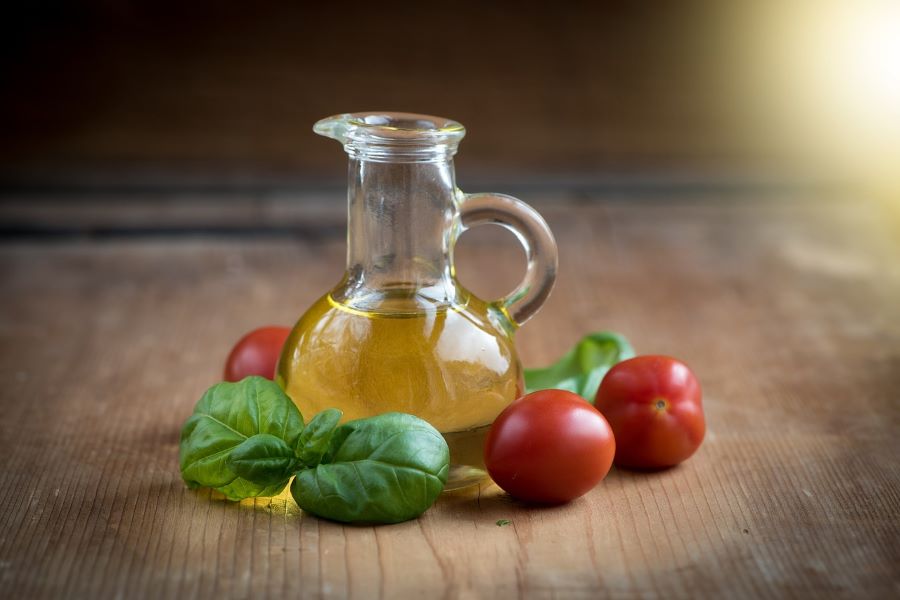The Minister of Agriculture, Fisheries and Food, Luis Planas, told Efeagro he will take a “decree of quality and traceability” of olive oil to the council of ministers at the end of August or the beginning of September.
The minister said it is a “fundamental norm for the management of the sector”. He refers to “giving greater guarantees to the consumer” on the oil that they buy. Regarding terms of traceability in tanks or cisterns, to the prohibition “of certain practices that may be detrimental to their quality”.
“In front of those who think that the destiny is written, there are possibilities of obtaining a better regulation for a better value and remuneration of the olive growers”, defended Planas.
Roadmap for the olive oil sector
Planas recalled a year has passed since the presentation “in the midst of a pandemic” of a roadmap for the olive oil sector. That plan included ten measures that, among other objectives, sought to organise demand, given the agronomic characteristics of a crop that alternates “years of great harvest and low prices with years of less harvest and better prices”.
He explained, the plan is to prevent “a slide effect” and that the campaign link stocks “could be more manageable”, within the legal rules of the market.
In addition, he stressed a reform of article 167 of the market organisation is in the transition regulations to allow public intervention and be able to withdraw certain volumes.
Ability to grow
In the case of demand, the minister stressed this year it has grown on a national scale to stand at 550,000 tonnes. It is also expected that exports will reach the second best figure for the sector. In his opinion, there is “a capacity for growth very high worldwide ”, since it represents 2% of vegetable fats on a global scale.
For the minister, “all this, accompanied by promotional measures and the opening of markets, gives us an optimistic outlook.”
Rise in prices at origin
Regarding the current campaign, Planas highlighted “it has been very interesting in prices, with increases of up to 60% from the beginning and compared to the previous two.”
According to the latest data provided by the Ministry of Agriculture, Fisheries and Food, olive oil output from the mills amounted to 1,318,439 tonnes until July. 3% more than the same period of the previous season and 9% above the average of the previous four.
Total stocks are 12% lower than those of the previous season and stand at 640,483 tonnes. Over 355,000 tonnes of stock is in oil mills.


